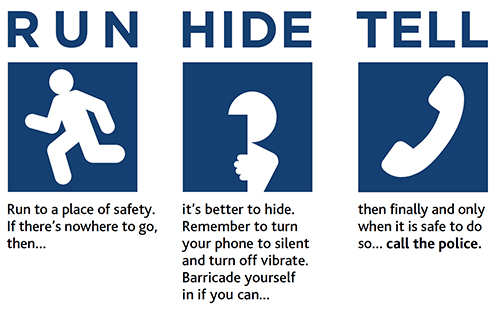Before you Travel

Foreign Office Advice
It provides essential information including entry requirements, medication restrictions, heath advice, safety and security, local laws and customs and much more.
Click here for the FCO webpage

Travel Insurance
Never travel without insurance
Your Journey

Plan and pack for a safe journey
Diving safety

Diving safety
Diving Medical

Diving medical
If you are unable to complete the statement as directed, you accept that you may not be able to take part in certain aspects of the holiday you have booked with us.
An example of the medical statement is available here
DOWNLOAD HERE
This is used in the majority of destinations but not all.
Please ask if you would like to see the medical statement specific to your holiday
Accomodation

When you Arrive

Be aware and safe

If a fire occurs

Balconies, corridors and walkways
Security and safety

Security

If a security incident occurs
If you are caught up in an incident and are not sure what action to take, follow the guidance to ‘Run, Hide, Tell’ which can be applied to many places and situations both at home and overseas.

Personal Safety

Alcohol and drugs

Taxi or Minicab
Accident and Illness

Report it
If you or one of your party fall ill or have an accident during your holiday, seek medical attention and report it to the reception, your travel provider, guide or local rep

Food and Drink

Special Meal Requests/allergies
If you have any dietry requirements please let us know at least 7 days before departure. All our boats and destinations are well equiped and experienced in catering for most needs. If you are worried please don't hesitate to contact us.
Whilst we will advise your destination of any allergies you have, it is your responsibility to check ingredients before eating anything.
Swimming and pool safety

Swimming pools and other water based facilities

Swimming and Beach safety

The Beach
Care in the Sun

Care in the Sun
Out and About

Excursions

Pedestrians and driving
Be aware that in some countries traffic isn’t required to stop at pedestrian crossings.
When walking on unpaved or unlit roads during the hours of darkness carry a torch.
Before driving ask the car hire company about the traffic laws and any specific local rules e.g. carrying a breathalyser in France, and a spare pair of glasses in Spain.
Check that your car hire insurance is adequate for the driver and all passengers.
Always wear a seat belt.
Always carry emergency/breakdown telephone numbers.
Never drink and drive.
It is strongly advised that you don’t hire mopeds or motorbikes.
It is strongly advised that you don’t independently hire quad bikes.


